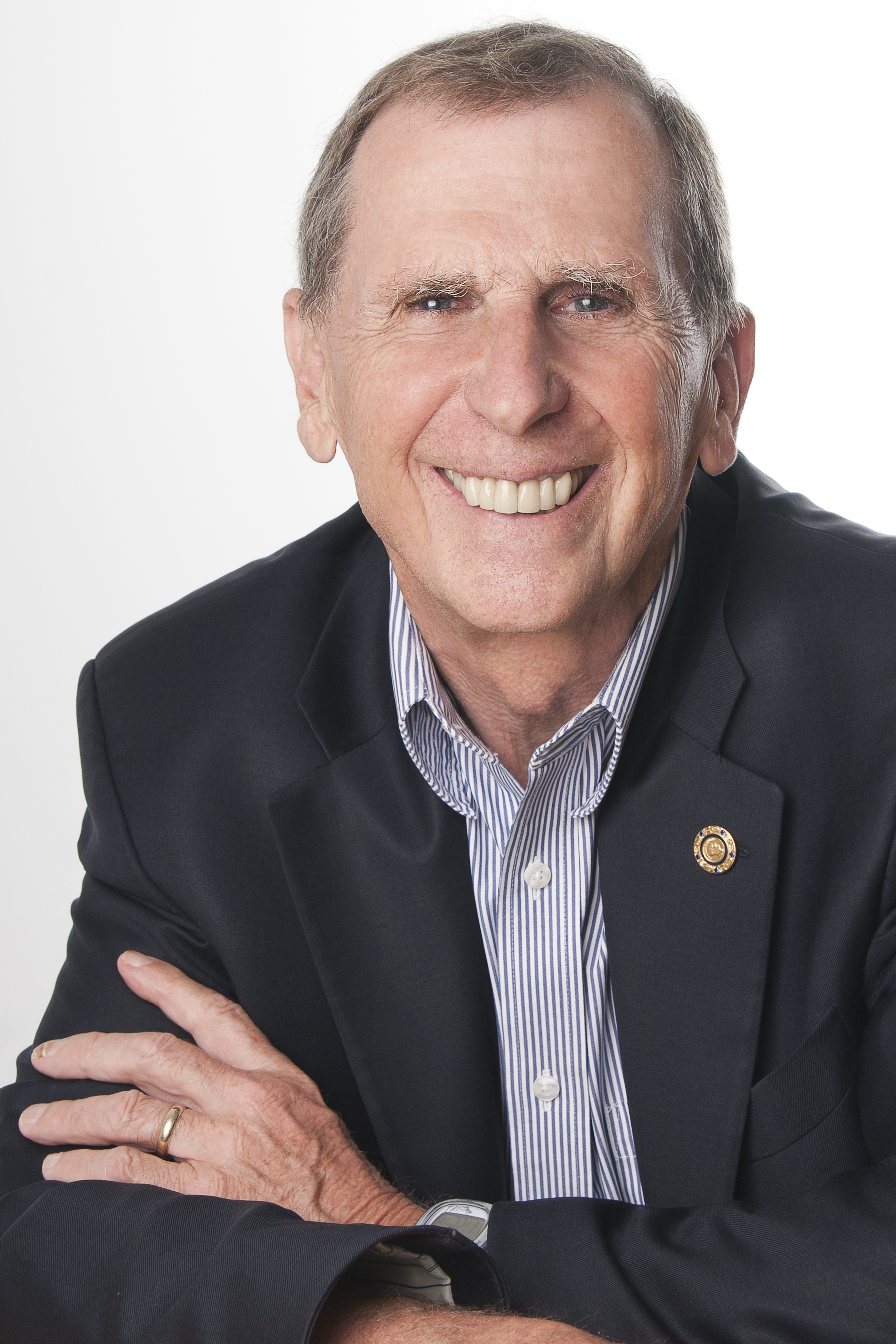- Home
- About Us
- The Team / Contact Us
- Books and Resources
- Privacy Policy
- Nonprofit Employer of Choice Award

 On December 10th, we celebrated International Human Rights in general, but more specifically The Universal Declaration of Human Rights (UDHR), drafted by a Canadian and adopted by the 58-nation UN General Assembly on Dec 10, 1948, 75 years ago this month.
On December 10th, we celebrated International Human Rights in general, but more specifically The Universal Declaration of Human Rights (UDHR), drafted by a Canadian and adopted by the 58-nation UN General Assembly on Dec 10, 1948, 75 years ago this month.
Not a set of laws but rather an aspirational statement of a wide-ranging code of moral principles, behaviour and rights for all humans regardless of race, colour, sex, religion, or social order, the UDHR states (among much more) that every human has an equal right before the law for education, protection against arbitrary arrest, and the right to go from and return to their country. Its principles are the foundation of many treaties and practices, among them not only Canada’s Charter of Rights and Freedoms but also The Universal Declaration of Indigenous Rights adopted recently, albeit reluctantly, in Canada, Australia, New Zealand, and the USA.
But who was the unknown hero behind all this? Who was the Canadian the world turned to for inspiration in the chaotic aftermath of World War II?
Apart from the United States and a few other countries, in 1945 the world was virtually bankrupt and hovering on the brink of total collapse. There had to be a change, and Eleanor Roosevelt—to move towards a New World Order and away from the atrocities, massacres, inequities, and abuses of the past—was given the job of overseeing the development of principles and values focusing on Human Rights. She turned to Canadian John Humphrey, the Director of Human Rights for the UN Secretariat, to draft a declaration. John retired to the peace and quiet of a hotel room to think, reflect and write, and while his text on human rights was edited and debated by many, the bulk of what he wrote stayed in place. Roosevelt later referred to it as the International Magna Carta for all humankind.
While not universally adhered to and subject to many abuses, John’s document has had a huge impact on the welfare of countless numbers of people around the world. Translated into 321 languages and dialects, it has led to improved rights and lifestyles for virtually everyone, including women, disabled people, and members of the LGBQT community. It had led to better access to education, wider employment opportunities, and decreased discriminatory practices around the world. While many of these improvements are unseen and now taken for granted, the UDHR made the world a better place for billions of people. John Humphrey’s role in all of this was immense.
Born in New Brunswick in 1905, by the time he was ten, John had lost both parents to cancer and was sent away to boarding school, where he was bullied by the other students. He saw many inequities that would forever affect his outlook on life. A brilliant, outstanding, and curious student, he entered Mount Allison University at age 15, transferred to McGill University, became a lawyer, and went into private practice, later teaching at McGll and briefly serving as Dean of the law school. In 1946, amid a shattered world, he joined the newly created United Nations, working on Human Rights.
Many of John’s views resulted from his early life and an empathetic understanding of how he and others would like to be treated. After spending 20 years as the Director of Human Rights for the UN Secretariat, this Canadian hero returned home in 1966 to teach at McGill, and later co-founded Equitas, an organization that advances equality, social justice, and respect for human dignity through transformative human rights education programs in Canada and around the world.
It is an understatement to say it’s a continual struggle to find the proper balance between individual and communal rights. Amnesty International is continually bringing examples of torture and wrongful imprisonment to our attention, while our governments work behind the scenes for the release of the wrongfully imprisoned. And little if any of this would have happened without the UDHR and John Humphrey.
Active in human rights work until age 89, a year before his death, John received the Order of Canada. Statues have been erected in his honour, and The John Humphrey Centre for Peace and Human Rights was built in Edmonton. In 1998, Canada issued a stamp with John Humphrey’s picture to honour this quiet Canadian hero.
Chris Snyder is the author of several books and hundreds of articles on personal finance. Chris’ most recent book "Creating Opportunities-A Volunteer's Memoir" describes a lifetime of volunteer experiences, much of it as an active member of the Rotary Club of Toronto and on many not-for-profit boards. Chris currently is past chair of the Canadian Landmine Foundation, founding chair/current chair of HIP (Honouring Indigenous Peoples and on the board of CUSO and the Trudeau Centre of Peace, Conflict and Justice. His latest book, “Good News in A Crazy World,” will be published by Civil Sector Press in 2024.